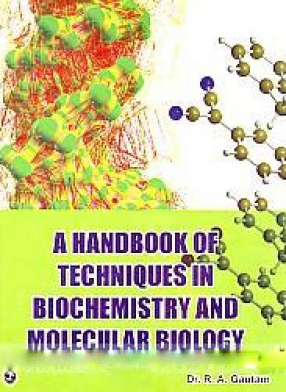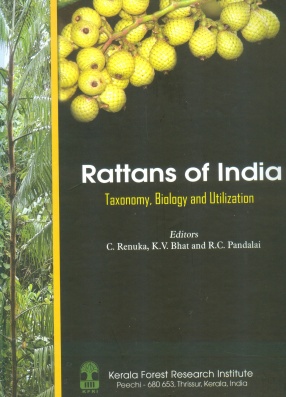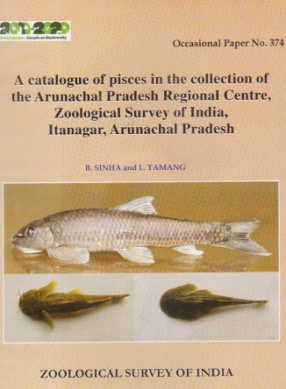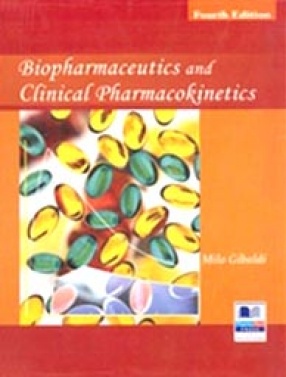A Handbook of Techniques in Biochemistry and Molecular Biology
Today most technicians, undergraduates and postgraduates in the biological and life sciences require knowledge of biochemistry and especially the practical aspects of the subject. Although, biochemistry constitutes one of the important subjects in the student's curriculum, techniques teaching have been somehow neglected for past many years in the institutions. One of the main reasons for such a poor status of this important subject is the paucity of trained teachers, particularly with biochemistry background. This has consequently hampered the practical curriculum in biochemistry at undergraduate as well as postgraduate levels. This book is aimed at undergraduates and postgraduates who have a basic grounding in biological sciences and are interested in a future career in research and industry. The book provides an understanding of up-to-date information on the concerned topics in a simple, lucid and concise manner. It attempts to convey something of the fascination of working in a field which overlaps the disciplines of biochemistry, cell-biology and biotechnology. The book content covers the various techniques used in biochemistry, molecular biology, microbiology, immunology, Pharmacology, laboratories. It deals with the comparative analysis, procedure followed for techniques, their advantages, drawbacks and limitations. The content covers about 90 of the various techniques used by Bachelors and Masters and Doctoral students moreover it is of use for students of various universities like University of Delhi, Jamia Millia Islamia University, Banaras Hindu University, Bundelkhand University etc. The text of the book has been illustrated with simplified well-labeled color diagrams and pictures to make the subject easy to understand and interesting to the students. The book has potential for being developed as a textbook or Lab manual for techniques. The book is therefore suitable for many B.Sc., M.Sc and technical courses in biochemistry as per UGC model curriculum. It could also be used as source of reference for research workers who need to understand and use biochemical techniques in their work. The objective in writing this handbook is mainly to acquaint the beginner with various biochemistry principles and to provide a laboratory guide to teachers concerned. In writing the first edition, our aim is to explain a new and rapidly growing technology. The basic philosophy is to present the principles of gene manipulation and its associated techniques, in sufficient detail to enable the non-specialist reader to understand them. It is assumed that the reader would have a reasonable working knowledge of molecular biology.
Get it now and save 10%
BECOME A MEMBER







Bibliographic information